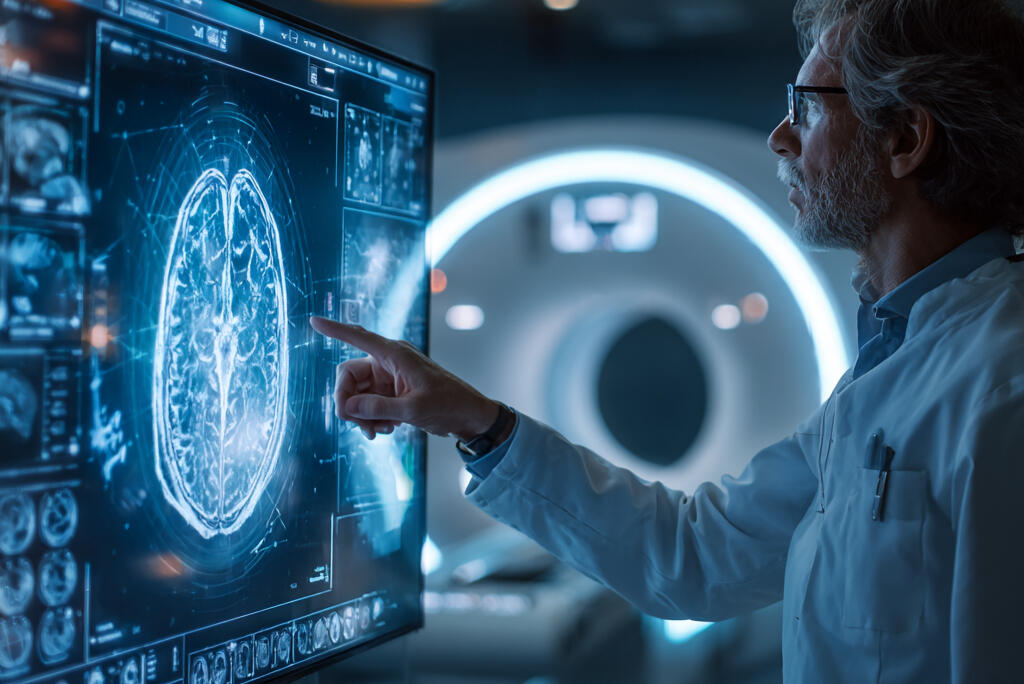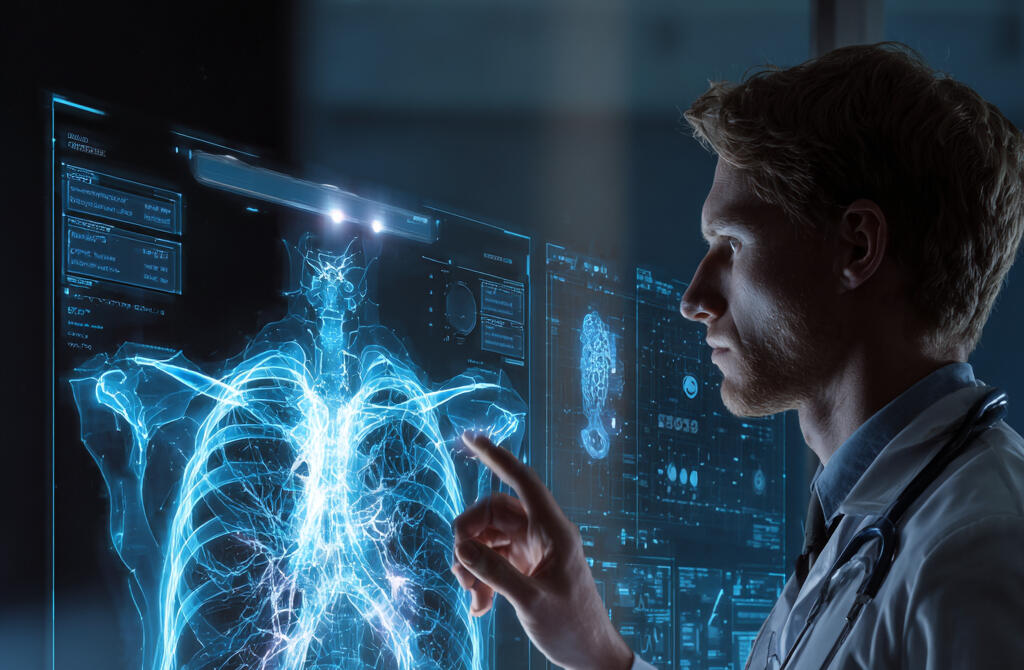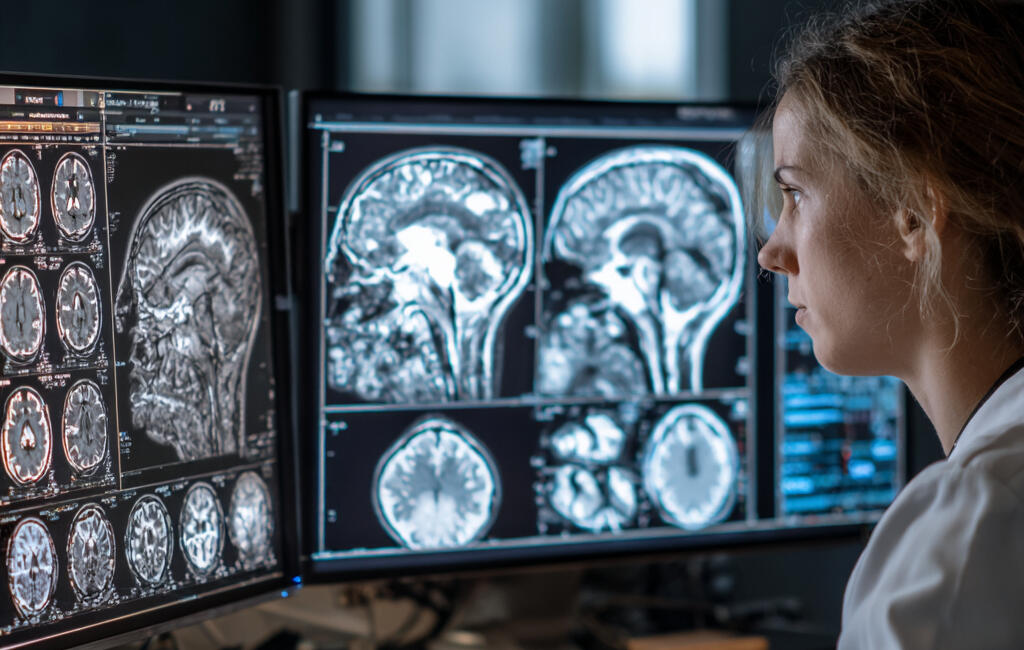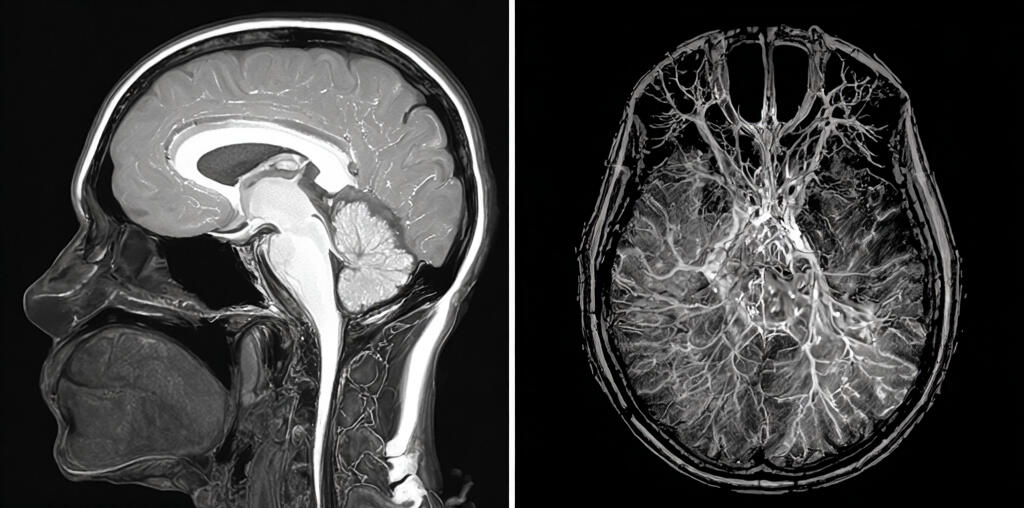Our Point of View on healthcare
Delta Scanning

The problem
Symptoms arrive too late
Most of us don’t know what’s happening inside our own bodies. We wait until something feels wrong, and by then it’s often too late to change the outcome. Disease begins silently as small tumors grow, blood vessels narrow, and the brain shrinks bit by bit over months or years - changes we can’t currently see as they happen.

Today’s gap
One frame isn’t a story
Healthcare is built to react, not anticipate. Routine checkups, lab tests, and one-off scans capture only single moments in time. Even MRI - the most powerful way to see inside the body - is usually used after something goes wrong, and even then we look at just one image. It’s like judging a movie from a single frame. We miss the story.

A new approach
Turn MRI into a timeline
Delta scanning uses AI to compare high-resolution MRI scans over time, tracking how the body is changing frame by frame. It turns MRI into an active, continuous view of health. It can detect early signs of cancer, spot brain atrophy before memory loss begins, and identify narrowing arteries that could lead to stroke or heart attack - so we can see what wasn’t there before.

What it changes
From guesswork to action
Delta scanning replaces guesswork with measurable change by comparing each person to their own baseline - not population averages. By seeing what’s changing inside the body, we can act earlier, treat earlier, and often prevent disease altogether. For some, it’s the first clear answer after years of uncertainty; for others, it’s the difference between years lost and years lived well. Do not miss the story of your life.